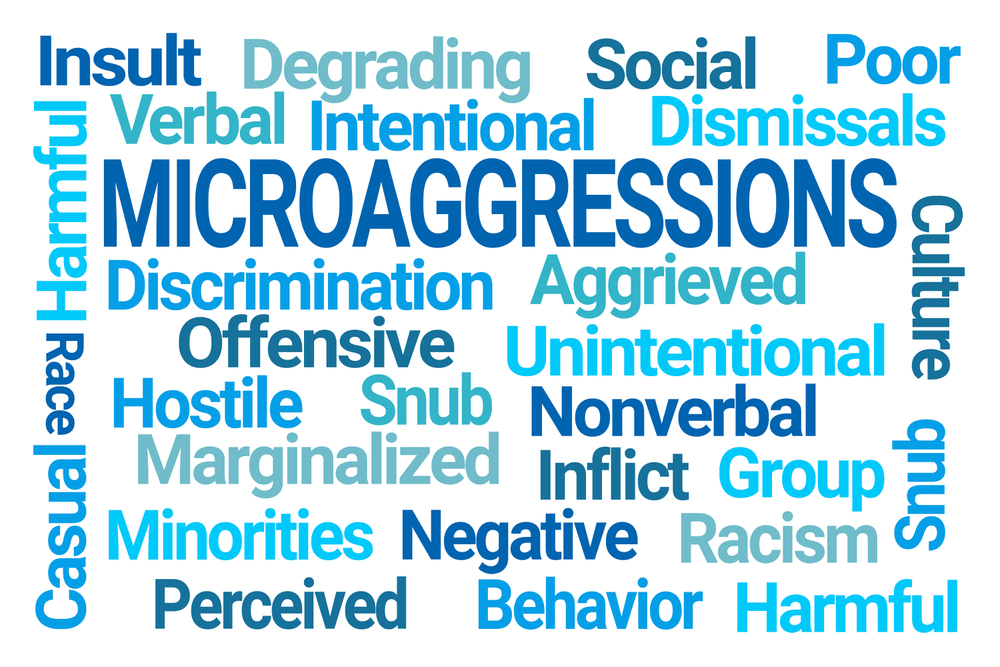I’ve had countless corporate professionals and public servants tell me they don’t bother with networking. They say they don’t have the time since they’re so busy doing their work. Plus, they don’t see the need or the relevance of employee networking.
Large Mandates Can’t be Handled Solo
 As you climb the ranks in an organization, your level of responsibility expands yet your span of control diminishes. You become responsible for a broader range of deliverables or outcomes, and more employees. You also become more dependent on the work of others to achieve your objectives. As you climb the hierarchy or ladder, your success comes to rely on other people’s success and their ability to deliver.
As you climb the ranks in an organization, your level of responsibility expands yet your span of control diminishes. You become responsible for a broader range of deliverables or outcomes, and more employees. You also become more dependent on the work of others to achieve your objectives. As you climb the hierarchy or ladder, your success comes to rely on other people’s success and their ability to deliver.
In practice, there are countless situations where our ability to speak with someone to get context, help, or favours is essential. This is especially true when timelines are tight, or the work is unfamiliar. This is why the conversations and interactions that managers and leaders have with their colleagues, peers and subordinates determine their results and long-term success.
Over the years, I’ve seen how people who are better connected are much more successful – regardless of their actual skill, talent, work ethic, or qualifications. Of course, having plenty of those never hurts. But the most successful people I know have kept on with their networking and kept up with their contacts.
1. Go deep, not wide
 Time and energy permitting, try to connect with people you already know. Many of us have social media connections whom we don’t see often or have never met. It is too hard to rely on meeting new people and establishing relationships in this digital era so try to keep in touch with your existing network.
Time and energy permitting, try to connect with people you already know. Many of us have social media connections whom we don’t see often or have never met. It is too hard to rely on meeting new people and establishing relationships in this digital era so try to keep in touch with your existing network.
2. Try to have some visibility
Pre-pandemic, we’d see certain people periodically. That made it easier to stay top of mind. Liking, commenting, and sharing other people’s social media posts is almost like passing someone on the sidewalk or in the hallway. These digital interactions give you visibility with the people who you’re connected to online. Now that it’s harder to spontaneously run into people, try not to be invisible. With so much uncertainty out there in the economy and the job market, this isn’t a good time to be completely off the grid.
3. Join in online
Consider participating in online events or joining an online group to establish a foundation for new relationships. In the past, when meetings were in person, it took more effort to attend. Now, most board meetings and volunteering are happening online. This could be a way to learn new things, reinforce skills, and meet new people. You could consider doing something that’s closely aligned with your interests, or you could try something quite different to be exposed to new ideas and people. For more concrete examples and their advantages, consider reading Incidental Networking and the Hidden Value of a Diverse Network.
4. Build career resilience through your network
Whether you’re looking for work or you’re a long-term employee, networking is crucial to success. In the context of work, it’s essential that you have people who are willing and able to vouch for you when jobs become available when there are opportunities for new projects, assignments, promotions, etc. These same people are likely to want to help you if your employment situation ever takes a turn for the worse.
 Likewise, in the business, freelance, and ‘side hustle’ world, it is easier for people to refer a potential client or customer to you when they know that they will receive excellent service and results from you. This confidence only comes after you have demonstrated that you can deliver as promised. This implies that you’ve had an ongoing relationship.
Likewise, in the business, freelance, and ‘side hustle’ world, it is easier for people to refer a potential client or customer to you when they know that they will receive excellent service and results from you. This confidence only comes after you have demonstrated that you can deliver as promised. This implies that you’ve had an ongoing relationship.
In so many ways, having a network builds some resilience into your career and professional circumstances. To some extent, it is not what you know but who you know. In addition, it’s not only who you know, but who knows you.
5. Learn how to network
Networking is a skill. Some people are naturally great at it. Others find it stressful. If you’re not a natural networker, you can learn. I discussed this in a previous blog: For Best Results, Network Sincerely.
Do you need help navigating the world of work? Contact Dr. Helen today for a free and confidential initial consultation by phone, email, or via direct message on Twitter, Facebook, or LinkedIn. If something urgent comes up, I’m also available by a voice or video on Magnifi, an expertise-on-demand app.
More than career coaching, it’s career psychology®.
I/O Advisory Services – Building Resilient Careers and Organizations.™



